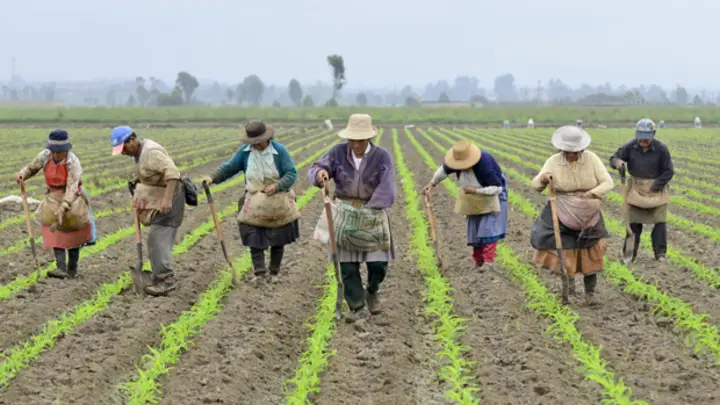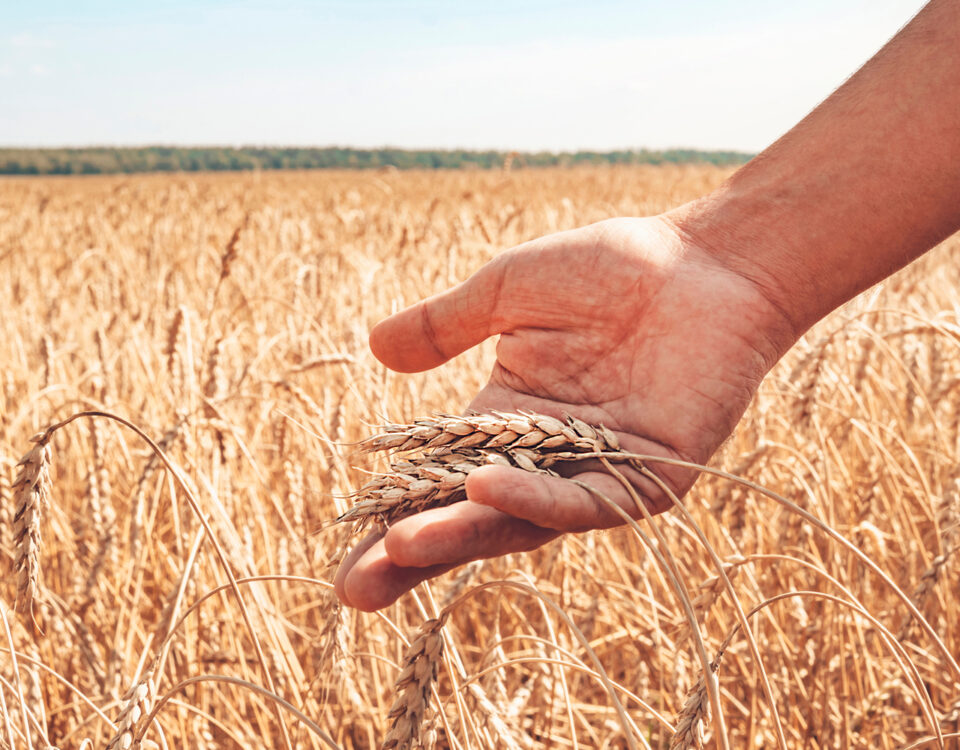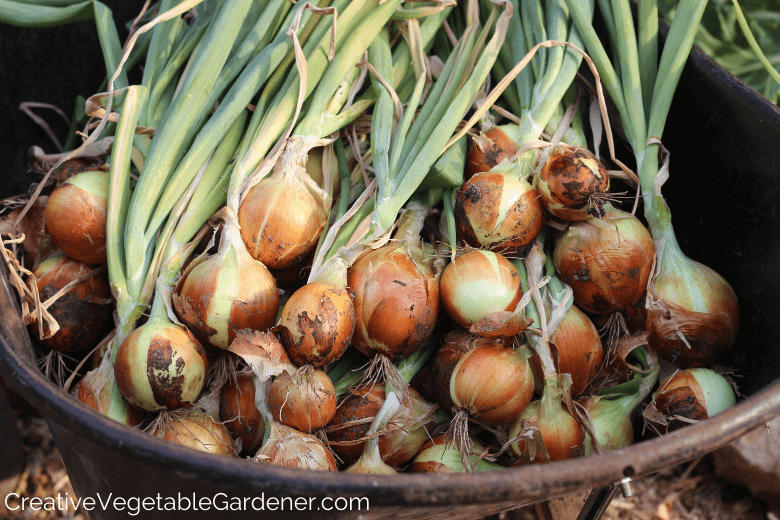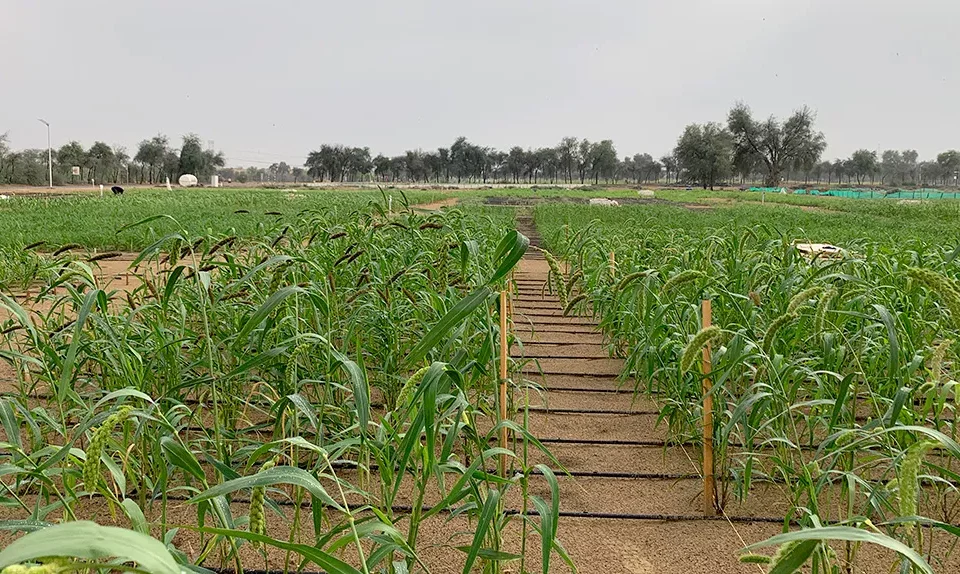
Innovative Water Strategies in Modern Rice Cultivation
July 26, 2024
Agriculture in Europe Driving Efficiency and Productivity Forward
July 27, 2024Land grabbing, the large-scale acquisition and dispossession of land by foreign corporations or domestic elites, has become a major problem in many parts of the world. These acquisitions often take place without the informed consent of the local communities, which the elites and politicians take over at will. This has detrimental implications for food security and local economies.
Displacement and Loss of Livelihoods

One of the most immediate effects of land grabbing is the displacement of local communities. Those who have lived in the same place for generations find themselves without the land they once called home. Farmers who have cultivated their land for decades may face eviction, losing both their homes and their primary source of income. This forced migration has significant consequences, disrupting local food production systems. As a result, food shortages can occur because the individuals with deep knowledge of the land are no longer able to manage it. The loss of these experienced farmers exacerbates the problem, making it even harder to maintain agricultural productivity. Ultimately, land grabbing undermines the stability and sustainability of local food supplies.
Decrease in local food production
When large-scale investors take over agricultural land, the focus is often to build large buildings and shops for their businesses and for export rather than food crops for local consumption. This change can lead to a decrease in the availability of locally produced food, increasing the cost of imported goods. As a result, local food prices may increase, making it difficult for communities to afford the food they need, which distresses poor families.
Environmental degradation
The agricultural practices of large investors can also cause environmental degradation which can cause a big blow to agriculture. Monoculture crops, heavy use of chemical fertilizers and pesticides, and deforestation are common in these landscapes. These practices degrade soil health, weaken soils, reduce biodiversity, and contribute to climate change, further threatening food security. With which there may be a shortage of food in the whole world.
The end of traditional knowledge
Land grabbing often undermines traditional agricultural practices, leaving fields uncultivated that have been farmed for generations. This disruption causes significant concern among local communities. The valuable knowledge of local farmers, including sustainable land management and crop diversification, is neglected in favor of industrial farming methods. This disregard for traditional practices not only threatens food security but also erodes cultural heritage. As a result, people become alienated from their land, leading to a state of anxiety and uncertainty. The loss of traditional farming knowledge and practices creates broader social and cultural impacts.
Struggle for food sovereignty
Food sovereignty is the right of people to control their own food system and to collect as much of their share of food as possible each year, including food production, distribution and consumption. Land grabbing directly threatens this right by taking control away from local communities and into the hands of other businessmen. To combat this, there is a growing movement advocating for policies that protect the land rights of small farmers and promote sustainable, community-driven agriculture that may lead to some sort of agricultural revolution.
Conclusion: Moving on
Addressing the impact of land grabbing on local communities and food security requires a multi-pronged approach. Governments, international organizations, and civil society must collaborate to implement fair land policies and support sustainable agricultural practices. Upholding the rights of local communities is crucial in preventing further displacement and disruption. By working together, these groups can halt land grabs and protect food security. Such collective efforts are essential for promoting equitable land use and advancing the agricultural revolution globally. Communists and politicians often use their power to occupy government lands and seize others’ property. This land grabbing leads to a reduction in food production impacting overall food availability.
Governments, international organizations, and civil society must collaborate to ensure fair land policies and support sustainable agricultural practices. By working together.
We should keep our land prosperous and take care of our Crops which will increase the productivity and make a good food system.
The title of this blog is taken from Facebook, which is occupied by Sindh Government Forests Department.





